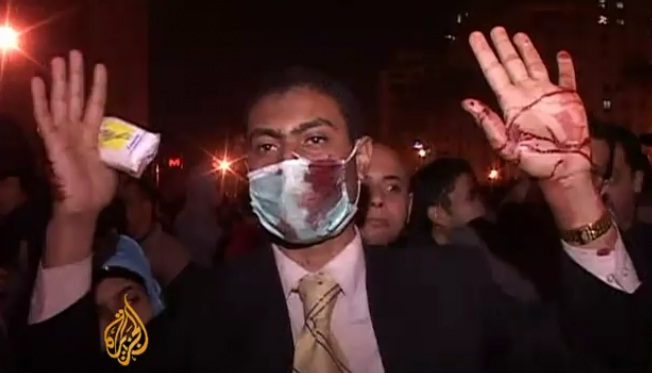Egypt Bans Twitter Amid Historic Protest

The Egyptian government has blocked access to Twitter to prevent communication between protesters
The Egyptian government has shut off access to Twitter after a violent protest against President Mubarak broke out yesterday, resulting in four fatalities.
Cairo-based journalist Randa Eltahawy revealed to eWEEK Europe that Twitter has become “a live platform” for political activists in Egypt to communicate, during what is perceived to be the biggest demonstration in 25 years.
They use Twitter to “share information on where to meet and what to do, and how the situation develops,” explained Eltahawy, adding that social media is now the only tool for Egyptian people to express their view on the ruling power.
Government shut-off

The Egyptian government started the ban on Twitter at 4pm on Tuesday, said Eltahawy, leaving a number of Internet users unable to access the micro-blogging site.
However, people still managed to send out tweets, using different proxy software such as Hotspot Shield – which has been shared among Facebook users – to circumvent the cyber restriction.
Twitter has confirmed that it does not support the ban, stating on its ‘globalpr’ account: “We believe that the open exchange of info & views benefits societies & helps govts better connect w/ their people.”
Rumours have now begun to spread that Facebook is the government’s next target and that some Internet providers are already blocking the site. Meanwhile, media outlets in the country are reportedly prone to censorship.
Demonstration is illegal in Egypt. However, inspired by the recent revolt that ousted Tunisia’s leader Zine El Abidine Ben Ali, thousands of protesters took to the streets in Cairo and major cities yesterday, demanding President Hosni Mubarak’s resignation after his 30-year rule since 1981.
Riot police were later dispatched to disperse the crowds with water cannons and tear gas. Four deaths have been confirmed so far. Three of them were civilians and one was a police officer.
Cyber restriction
In relation to online restriction, Internet users in Myanmar suffered from cyber blackout last year, but on a much bigger scale.
The state-run Ministry of Post and Telecommunications (PTT) – which is the country’s main Internet provider – was hit by a massive denial-of-service (DoS) attack for several days.
The origin of the cyber assault was unknown. However, it was speculated that the government itself might have prompted the Internet failure ahead of the general election on 7 November 2010, following the anti-government protests in August.